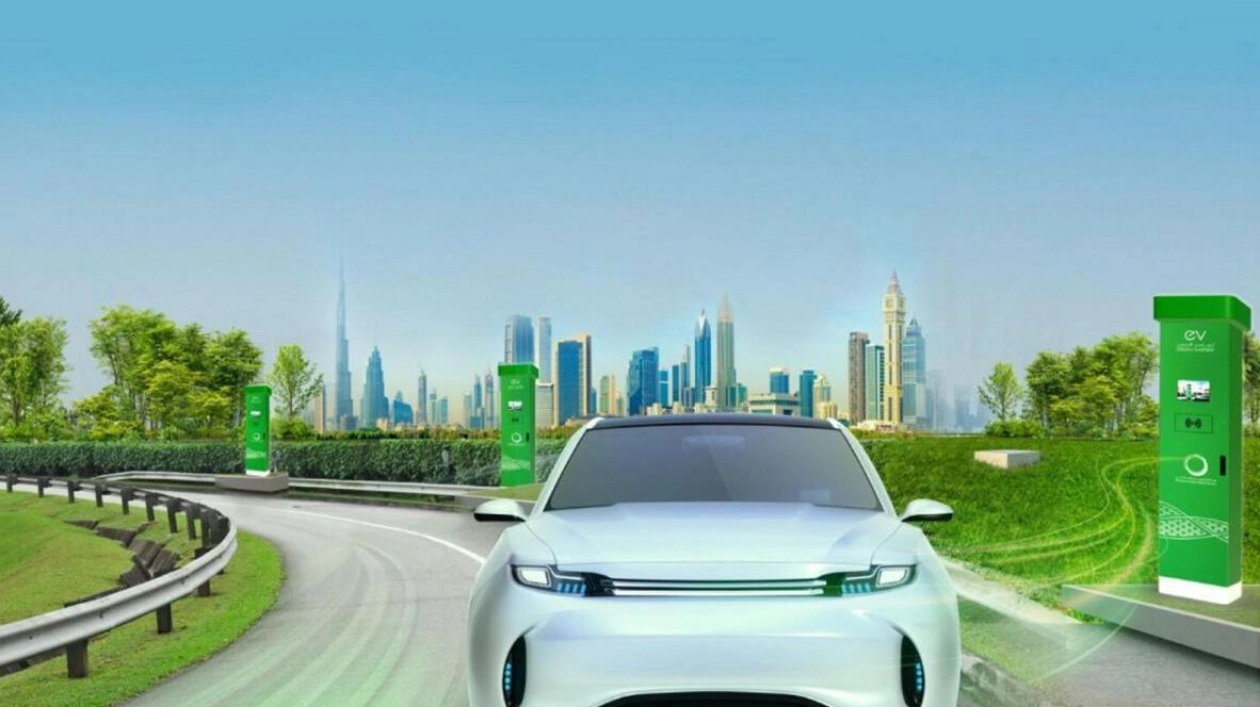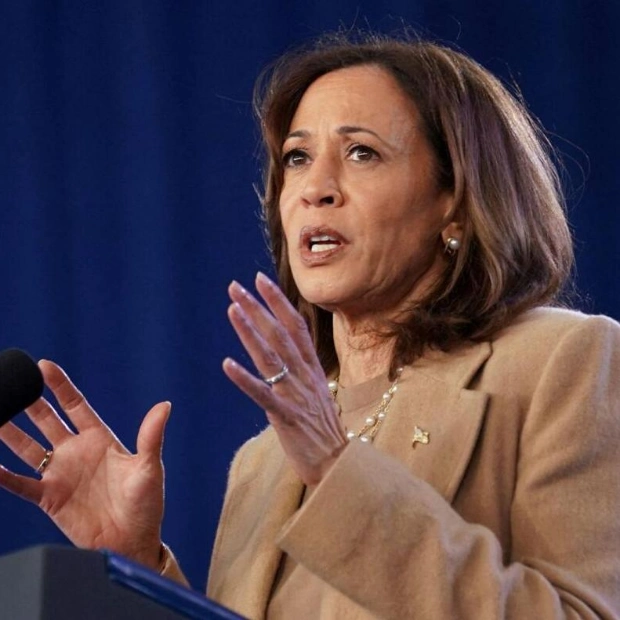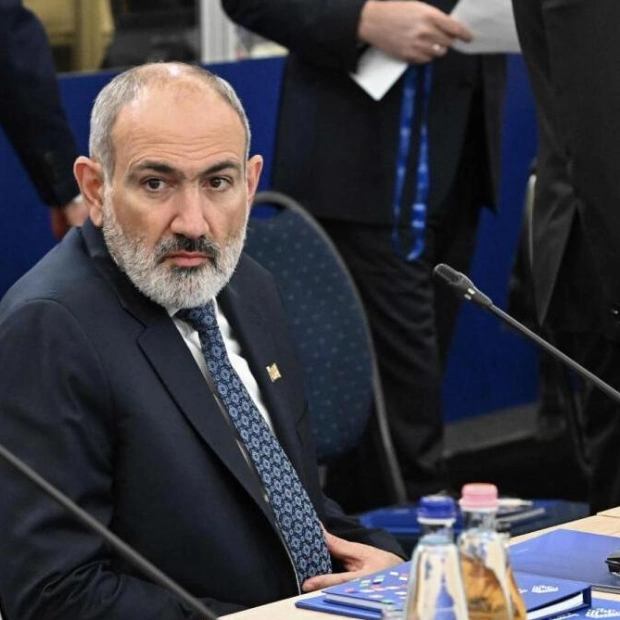A recent UAE cabinet resolution has established a uniform pricing framework for electric vehicle (EV) charging across the nation. The updated fee schedule mandates that service providers must charge at least Dh1.20 plus VAT per kWh for 'express' charging and a minimum of Dh0.70 plus VAT per kWh for 'slow' charging. These service fees are detailed in Cabinet Resolution No. 81, which Khaleej Times has reviewed and was published in the Official Gazette on July 8. While the timing and method of implementing these new uniform fees are not yet clear, the resolution indicates that they will become effective 60 days after publication in the Official Gazette, making them effective from September 6, according to legal expert Abdulrahman Nabhan.
Nabhan, the chief financial officer at Yandex, who analyzed the new amendment, stated: "The decision imposes fees on electric cars, depending on the type of charging." This initiative is part of the government's strategy to standardize and regulate the EV charging infrastructure. Currently, charging rates vary significantly, with some stations offering free services. The Council of Ministers retains the power to modify these fees as needed, including any additions, deletions, or other adjustments to the fee structure.
Earlier this year, UAEV, the first government-fully-owned EV charging network, was launched with plans to install 100 charging stations nationwide. In April, ADNOC Group, a fuel company, also announced plans to install over 500 new fast and superfast chargers in the coming years. The demand for EVs has surged, with sales in the UAE nearly quadrupling in 2023 to reach 11.3 percent from just 3.7 percent in 2022.
Lawyers and industry experts have praised the move, noting it sets a positive precedent. "The resolution aims to regulate the utility of the electric vehicles’ services," said Mostafa Hegab, Legal Counsel at Mansoor Lootah Advocates and Legal Consultants. "It is a step towards a new era of renewable energy usage as a reliable alternative source of energy." Hegab added that the decision is beneficial for the industry, encouraging investors to install more renewable energy sources like solar panels. He also clarified that while users previously enjoying free charging services will now have to pay, the impact will be minimal, as the new fees remain cheaper and more affordable than fossil fuels.
Several online forums of EV owners have welcomed the move, believing it will reduce congestion around superchargers and ensure charger availability on major highways and in cities. Shireen M., an EV owner who frequently commutes between Dubai and Abu Dhabi, said the move would increase her expenses but was a positive change. "Often, I would find people using chargers in public places despite not needing it because it was free," she said. "This move ensures that the chargers will be free and available when you need them urgently." The new fee structure is part of the UAE's broader efforts to promote sustainable transportation and transition towards a greener economy.
Last year, the country also approved a national policy to build a network of electric vehicle chargers, aiming to reduce energy consumption in the transport sector by 20 percent.






